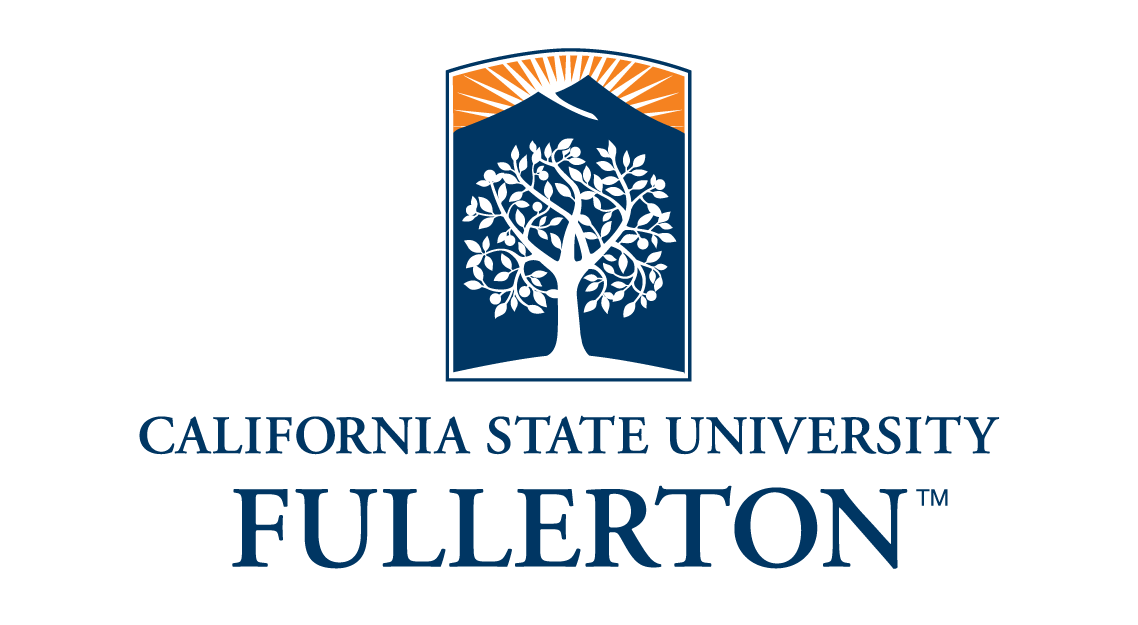Newswise — The popularity of digital calendars over paper calendars has grown significantly due to instant access to appointments, meetings and dates. But which type of calendar leads to higher efficiency?
Jay Yang, assistant professor of marketing at Cal State Fullerton, published a study on how paper versus mobile calendars can influence everyday planning and plan fulfillment.
Yang believes that the recommended calendar depends on the type of situation or plan. If the plan involves multiple activities, such as preparing for a business presentation, then, paper calendars will typically outperform mobile ones. This is because the design allows the user to see the big picture of their scheduled activities.
If the planned activity is a single event, such as a meeting appointment at a specific time, mobile calendars are effective because users can set notifications or reminders.
The study, co-authored with Yanliu Huang of Drexel University and Vicki Morwitz of Columbia Business School, appeared in the January edition of the Journal of Consumer Psychology.
Yang said: “Our research encourages mobile app developers to design calendar apps that help users see an overall picture of their scheduled events to improve plan quality and facilitate plan fulfillment.”
Read more about Yang’s research.
About Cal State Fullerton: The largest university in the CSU and the only campus in Orange County, Cal State Fullerton offers 110 degree programs and Division 1 athletics. Recognized as a national model for supporting student success, CSUF excels with innovative, high-impact educational practices, including faculty-student collaborative research, study abroad and competitive internships. Our vibrant and diverse campus is a primary driver of workforce and economic development in the region. CSUF is a top public university known for its success in supporting first-generation and underrepresented students, and preparing all students to become leaders in the global marketplace. Visit fullerton.edu.
# # #

